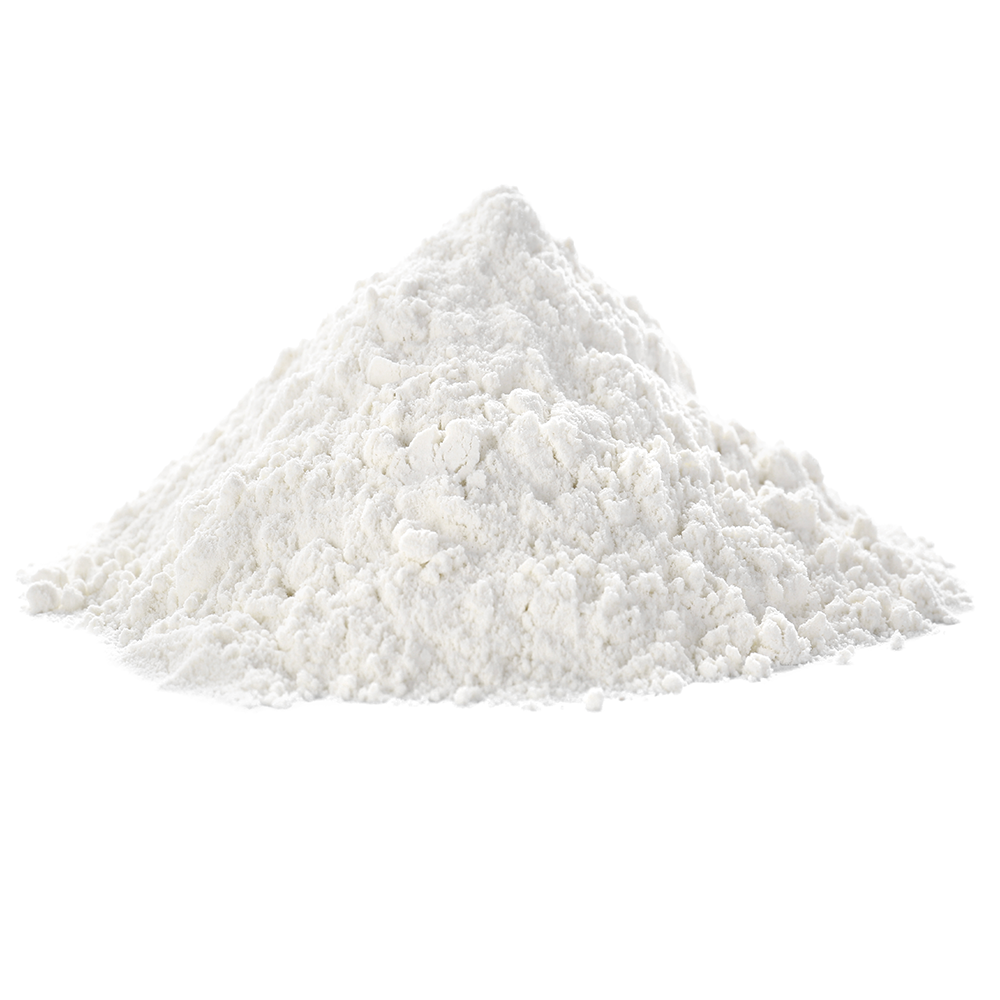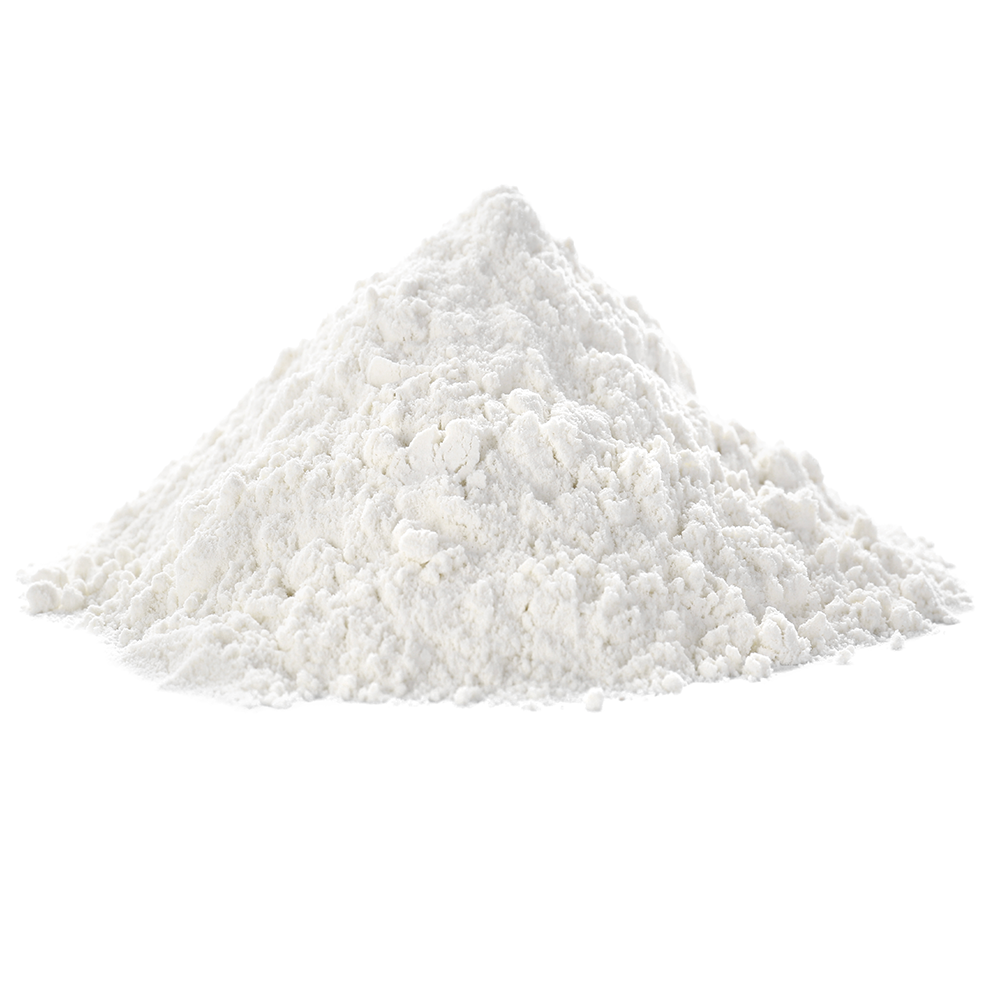With the global pandemic passing its two-year mark, the realization that our lives have been altered in countless ways has started to sink in. From working remotely (some permanently), social distancing, skipping social events that are too enclosed or congested with people, wearing facial coverings to running out of our beloved shows on Netflix, Apple and Hulu that we faithfully binge-watch (possibly the most devastating of all). There is a silver lining. On a global scale our societies attitude toward personal health and well-being has shifted to a more “eyes-open” active approach.
In the beginning of the Covid crisis we were sanitizing anything and everything that we could get our raw over-washed hands on in order to Purell-our-way to safety. Was it overkill? Perhaps, but at the time we knew very little about this virus that was killing hundreds of thousands of people across the globe. So, as the old adage goes: “Better safe than sorry.”
Over two years later, we have learned more about the virus, how it functions within the body and spreads from person to person. However, even with all of this new scientific knowledge about Covid-19 as well as its various mutations, many of the initial precautions set by the Center for Disease Control (a center that houses some of the brightest minds in the country, whose sole job is to protect our country through education- just a shout-out to the CDC) remain the same.
How to protect yourself and others from Covid-19: wear a mask in public, social distance, avoid poorly ventilated spaces, wash your hands and get tested to prevent spread of the virus to others.
But many wonder what, if anything, can be done to build a stronger bodily defense against this faceless, invisible opponent that we are waging war with daily?
Many consumers are looking inward to supercharge their bodies to rail against the virus from the inside out. Scores have been vaccinated twice, received the booster shot and are following CDC guidelines but still feel helpless and want to do more.
Enter vitamin E.
(Dramatic entrance, right?)
Scientists and researchers have gotten off the fence about whether vitamin E has substantiated value to consumers as a supplement. They are finally recognizing, in well-documented scientific studies, the overwhelming benefits that vitamin E has in many different parts and functions of the body.
Vitamin E shares a wealth of perks for the body including improved vision, the health of your blood and immune system, powerful antioxidant properties and is a nutrient that supports reproduction, brain and skin health. The strong antioxidants in vitamin E protect cells from unstable molecules known as free radicals. Free radicals break down healthy eye tissue which can lead to two of the most common age-related eye conditions, cataracts and macular degeneration.
Foods to consider adding to your diet which contain natural vitamin E: almonds, sunflower seeds, leafy greens, kiwi, papaya, red bell peppers, broccoli, and vegetable oils (olive oil in salad dressing).
Let’s face it, Vitamin E may not be the “in” supplement of our time. It doesn’t have the swagger of CBD or hemp seed oil. It is basically the vitamin that no one wanted to sit with during high school lunch, it was picked last in gym class and was the ultimate pin cushion for the coven of mean girls of North Vitamin High. But 20 years later, Vitamin E is rocking the supplement world while the mean girls are still in their hometown squeezing into their spanx to waddle their way to sweaty-baby yoga class.
Recent studies of Vitamin E have shown that high antioxidants which are present in Vitamin E may contribute to the prevention and/or the improvement of depression1, anorexia2, Alzheimer’s3, cardiac disease4 and breast Cancer5. Yes, there are many contributing factors to all of these diseases, but if a simple nutrient that you get mostly from eating foods or from taking a supplement could possibly help prevent any of these devastating conditions, then why not take it?
We want to make it very clear that there is no “miracle pill” yet that will keep you 100% safe from catching the Covid-19 virus, but there are definitely ways to boost your immune system to remain as healthy as possible in the unfortunate case that you come in contact with Covid-19.
Vitamin E is fat-soluble, which means that it is soluble in organic tissue and transported through the body in a similar manner as fats. Instead of being directly released into your bloodstream, vitamin E is absorbed, transported through the lymphatic system and then released into the blood stream. I know, we are not in Biology class, but I wanted to paint a picture of how vitamin E is different and how it could be helpful in today’s climate.
Like other fat-soluble vitamins, Vitamin E plays an integral role in a multitude of factors that increase bone and skin health as well as immune function. What has been recognized about the Omicron variant is that T-cells still offer protection against this variant, while it is still able to evade other antibody responses. The great thing about vitamin E is that it supports the growth of T-cells! “Omicron’s kryptonite” might be a stretch, but we have to remain positive and optimistic to stay healthy.
It can be a catch-22 because your immune system can weaken due to stress and thinking about building your immune system to fight Covid can be stressful! Just the simple action of taking a vitamin E supplement regularly can release some of those stressful feelings and empower you to take other steps to improve your overall health. The immune system is fed by eating properly, exercising, hydrating and getting enough sleep.
So let’s keep it simple: grab your favorite healthy snack, a big glass of ice water and park yourself on the couch to relax while you re-binge-watch your favorite Netflix show. Your immune system will be mighty grateful .
Interested in what your options may be for Vitajoy’s Vitamin E?
References
- Vitamin E for the management of major depressive disorder. https://pubmed.ncbi.nlm.nih.gov/33314993/#:~:text=Results%3A%20We%20gathered%20evidence%20from,the%20attenuation%20of%20depressive%20symptoms.
- 8 Unique Benefits of Vitamin E, https://www.healthline.com/health/all-about-vitamin-e.
- Vitamin E and Alzheimer’s disease: what do we know so far? https://www.ncbi.nlm.nih.gov/pmc/articles/PMC6645610/.
- 4, Vitamin E and cardiovascular disease, https://pubmed.ncbi.nlm.nih.gov/19451807/#:~:text=Vitamin%20E%20has%20been%20shown,to%20older%20men%20and%20women
- Vitamin E and Breast Cancer, https://academic.oup.com/jn/article/134/12/3458S/4688702









